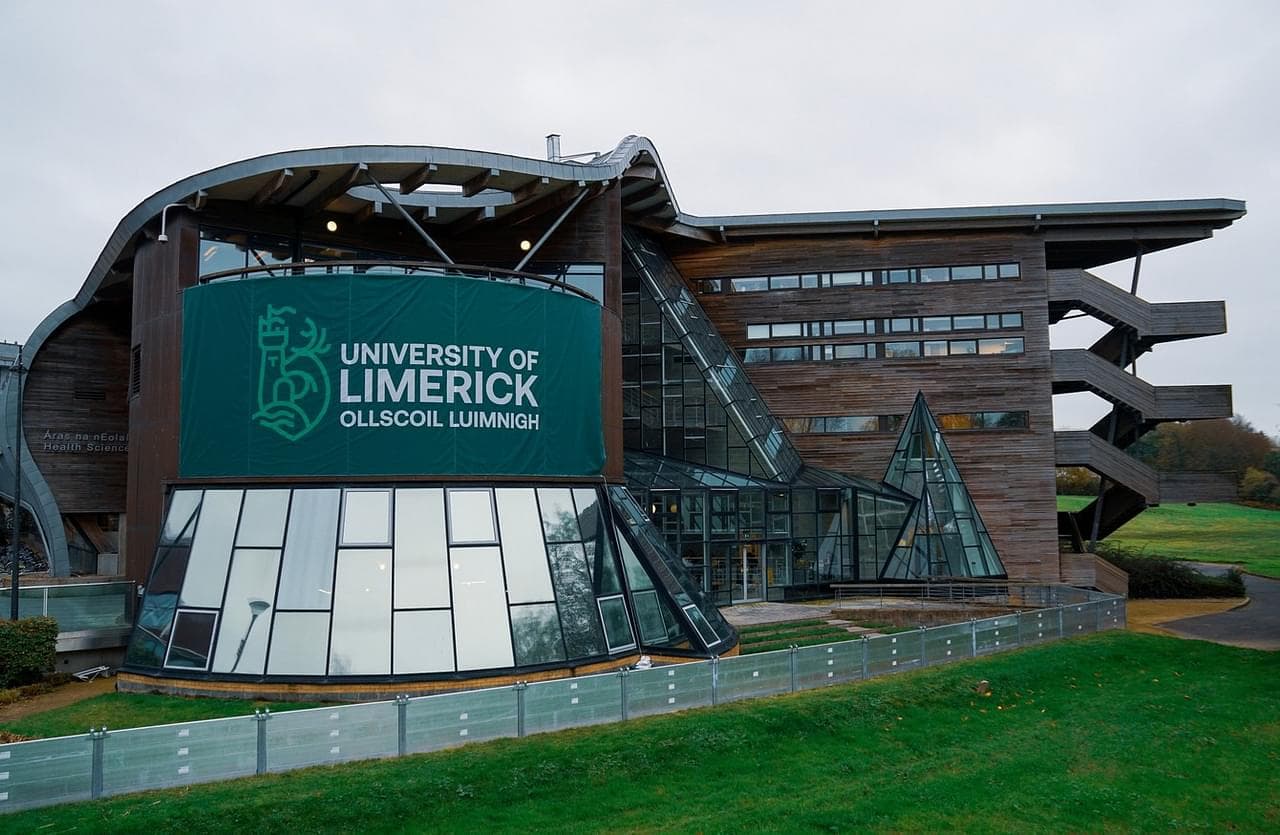The first two years of the programme is common to all students on the programme and will provide a strong practical and theoretical foundation in computing and programming languages, software, digital and analogue electronics, electrical science, and engineering mathematics. During these first two years of the programme, students will be guided towards their choice of a major option to be undertaken in the years three and four of the programme.
In years three and four of the programme, students select one of the available BEng major options, and decide whether they would want to graduate with a BEng degree award or continue their studies into a fifth year to graduate with a MEng degree award. There is also the opportunity to choose a General option, where students can select modules from the various major option streams rather than specialising on a single major option.
Work experience is obtained through an eight-month period of Cooperative Education (Co-op), which is an integral part of the programme. Co-op will provide students with real-world industrial experience and practice. This will be taken in the summer at the end of second year and the first semester of the third year of the programme.
In year four, the final year of the BEng programme, students aiming to graduate with a BEng degree will undertake a major individual project, which in general aims to solve a real-world problem. The project involves advanced design and implementation work, and builds confidence by putting into practice the skills and knowledge that have been acquired throughout the programme of study.
Master of Engineering (MEng) Track (year five). The MEng track enables students to gain a broader and deeper understanding of a range of advanced topics in electronic & computer engineering including integrated circuit (IC) design, artificial intelligence, machine learning, cryptography and security, data forensics, and network security, amongst others. Students will also undertake a major individual project. Students will select the MEng track in year three of the programme, and will study the MEng track subjects in year 4.
Major Options
Computer Engineering
Computer engineers will work in important application areas that include mobile phone systems, gaming, medical diagnostic and monitoring equipment, the Internet, edge devices, smart transport and energy management systems. Material covered in this option includes:
- Software - software engineering, distributed and real-time software design, advanced operating systems, language processors
- Digital Electronics - integrated circuits (ICs), computer architectures
- Control – advanced control systems, machine vision
- Data and Telecommunications - networks, communications, protocols, security
- Signal Processing - digital signal processing, coding theory
Electronic Engineering
Electronic Engineers have brought us mobile phones, digital cameras, security systems, improved weather forecasting, electronic medical devices and so many other things that we now take for granted. Material covered in this option includes:
- Electronic Circuit Design - integrated circuits (ICs), analogue circuits, digital circuits, mixed-signal circuits
- Data and Telecommunications - networks, communications, protocols
- Electrical Engineering - power systems, power electronics, electromagnetics
- Control - advanced control systems, sensors and actuators
- Signal Processing - signal processing, VLSI signal processing
Electrical Energy Engineering
Recent times have seen a worldwide shift towards a refocused commitment on the topic of energy. Electrical energy power engineering is an important element of this activity and there is an increasing need for engineers in this discipline to work on new solutions for the electrical energy grid based on wind, solar, ocean, wave and other renewable forms of energy. Material covered in this option includes:
- Electrical Engineering - power systems, power electronics, electromagnetics
- Physics - thermal physics, mechanical energy, electrical energy
- Control - advanced control systems, sensors and actuators
- Environment - advanced electronics for the built environment
Robotic Engineering
Robotics is an exciting area of computer-controlled technology. Robotic applications are found in space exploration, deep-ocean systems, transport, product manufacturing, medical equipment, entertainment systems etc. Material covered in this option includes:
- Robotics - advanced robotics systems, artificial intelligence, machine vision
- Control - advanced control systems, digital control systems
- Software - software engineering, distributed and real-time software design
- Automation - industrial automation, sensors and actuators
Year 1
Semester 1
- Chemistry for Engineers
- Engineering Computing
- Electrical Engineering 1
- Engineering Mathematics 1
- Introduction to Engineering 1
- Engineering Science 1
Semester 2
- Computer Software 2
- Circuit Analysis 1
- Semiconductor Device Fundamentals
- Digital Systems 1
- Engineering Mathematics 2
Year 2
Semester 3
- Computer Software 3
- The Engineer as a Professional
- Active Circuit Design 1
- Digital Systems 2
- Engineering Mathematics 3
Semester 4
- Communications & Network Protocol
- Control 1
- Active Circuit Design 2
- Digital Systems 3
- Engineering Mathematics 4
Year 3
Each student will complete their Cooperative Education placement during the summer at the end of year two and into semester one of year three. Students, whilst on Cooperative Education, will be asked to select their BEng major option for semester two of year three. Students will also state wither they wish to graduate with a BEng degree award at the end of year four or to continue onto the MEng degree track at the end of year four the further year of the programme. All students will however follow one of the following BEng major options in year three.

